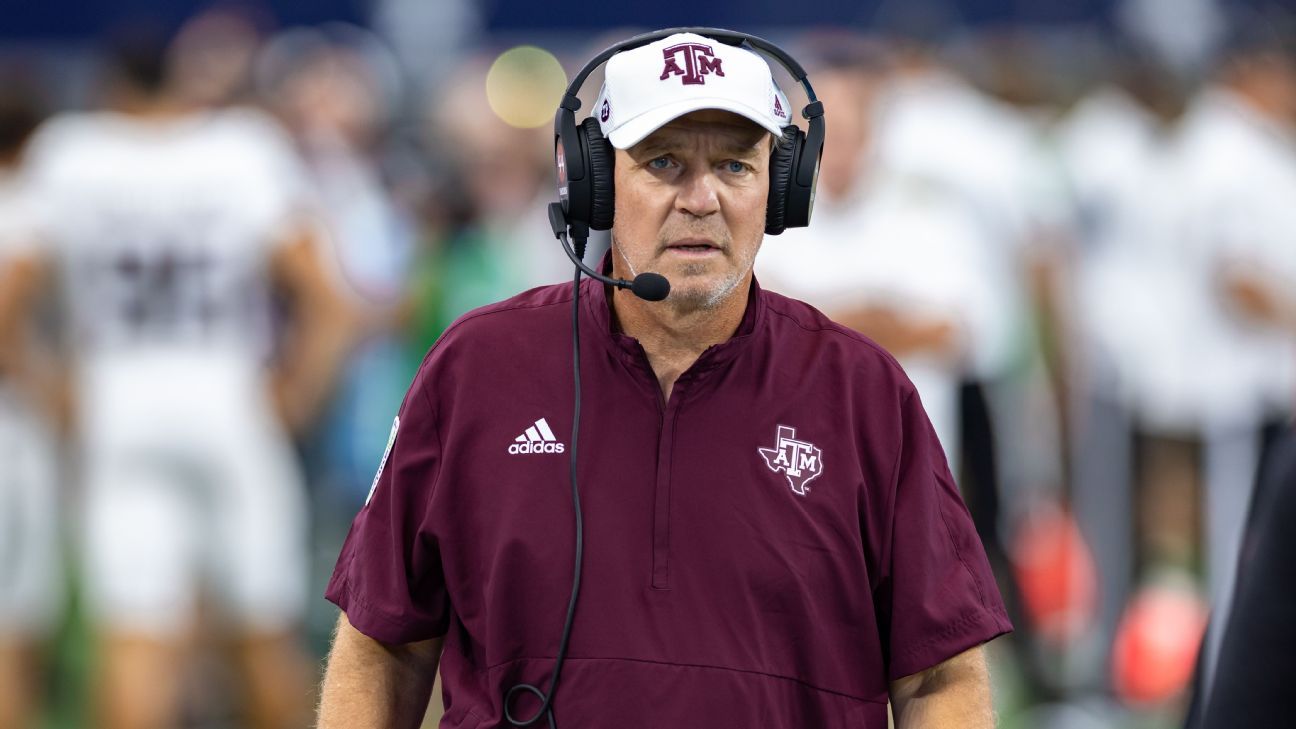From an article
When I die, I want to come back to earth as a college football coaching agent.
Forget
Alabama versus Chattanooga or Brett Yormark versus George Kliavkoff. There is no more lopsided contest in this sport than Jimmy Sexton versus SEC athletic directors. He and his ilk have done a masterful job of exploiting schools’ emotion-driven coaching searches and amateurish negotiators to the tune of hundreds of millions in their clients’ bank accounts, whether they’re successful or whether they fail spectacularly.
Texas A&M
fired Jimbo Fisher on Sunday, invoking what was universally derided at the time as the sport’s most lopsided contract, one that will cost a staggering $77 million in guaranteed buyout money. Fisher earned $75 million before he even coached a game, then got a new $90 million deal — also fully guaranteed — following a 9-1 record in the weird and deceiving 2020 season.
Three seasons and a 19-15 record later, he will be paid a sum greater than a Mountain West school’s entire athletics budget and let someone else make gobs of money chasing glory.
An econ professor or Fortune 500 CEO would probably find the college football coaching market hilariously inefficient. The schools often negotiate against themselves, paying a coach far more than it would actually take for him to come there or stay there mostly because others are doing the same. They rush to lock themselves into stratospheric obligations to guys not named Kirby Smart or Nick Saban, then go begging for donations when they somehow can’t balance their budgets.
Texas A&M might be the most recognizable offender, but it’s not like other schools haven’t done the same thing.


